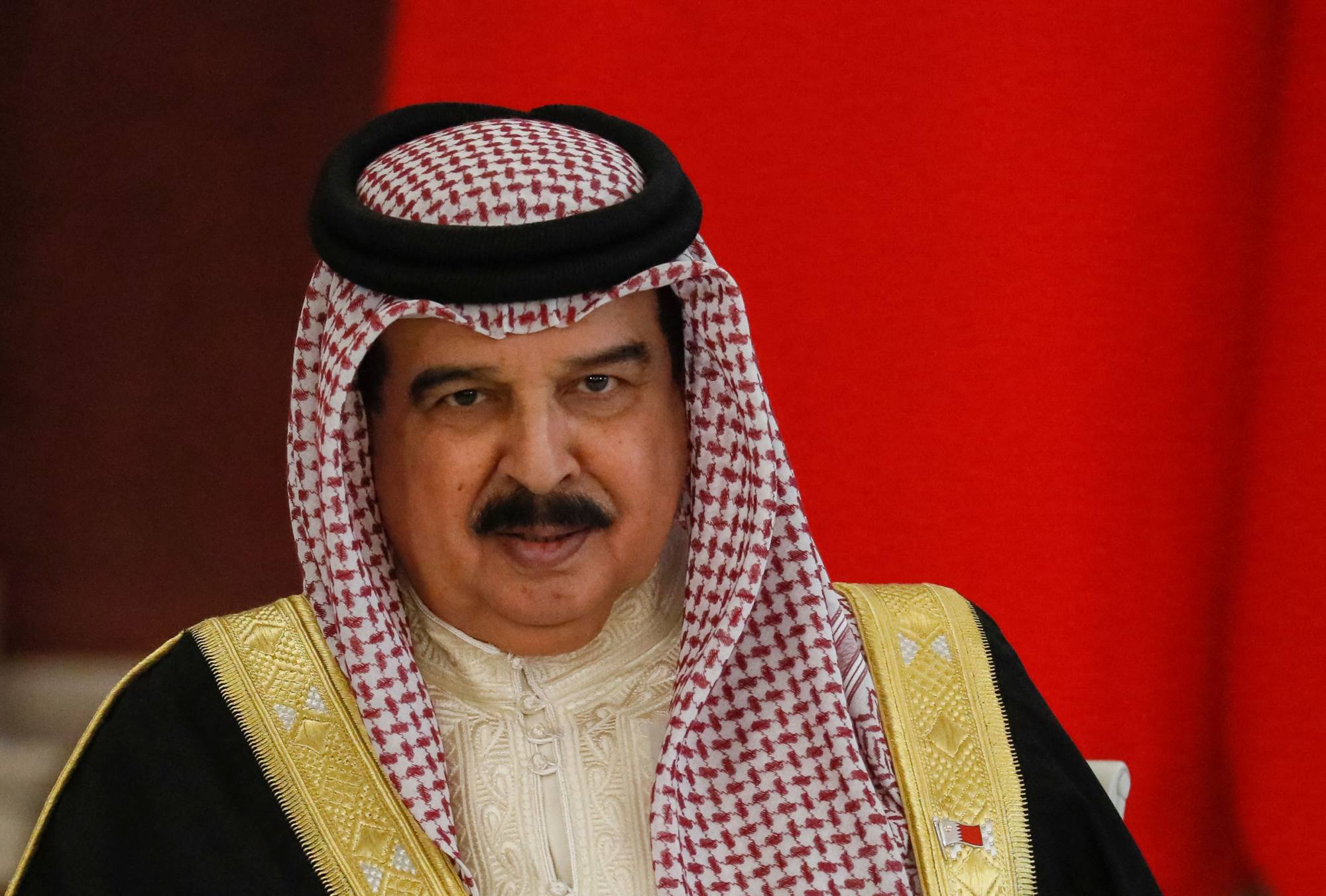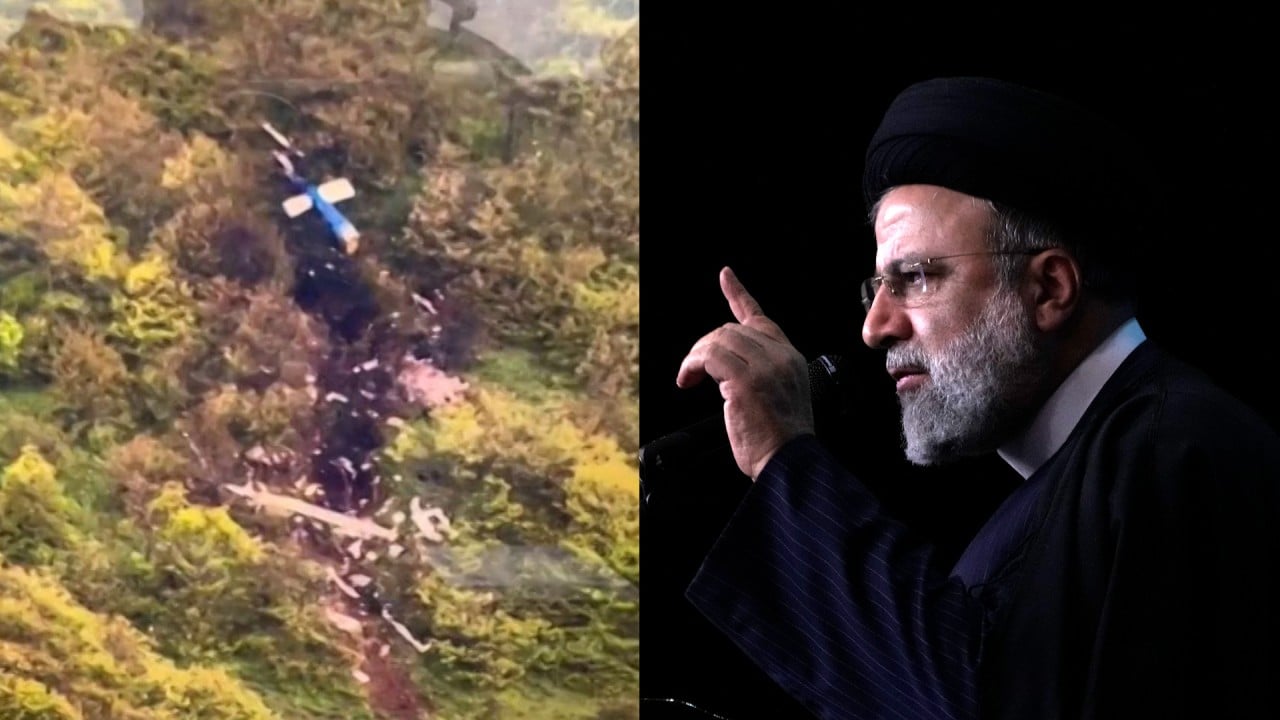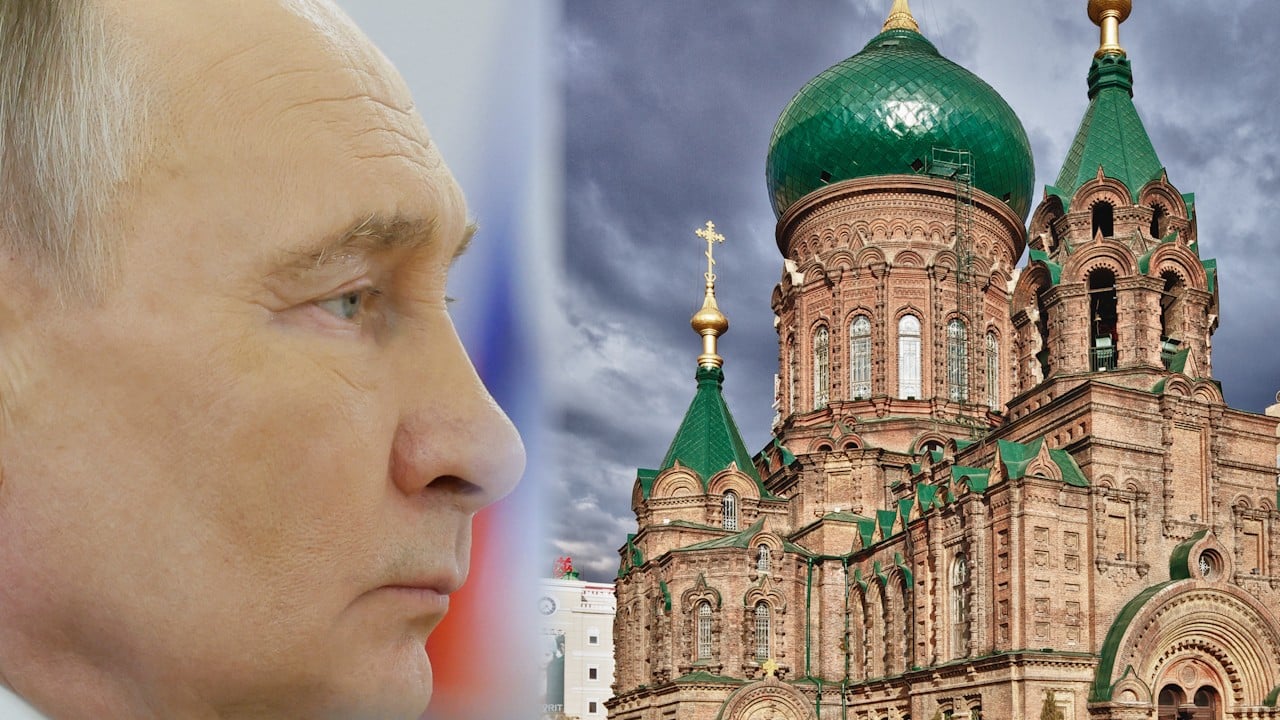
President Xi Jinping to welcome Arab state leaders to China, with Israel-Gaza war, Palestine and trade on the agenda
- Leaders of Egypt, Bahrain, Tunisia and UAE to visit Beijing for meetings with Xi and ministerial conference of China-Arab States Cooperation Forum
- China might also be looking to seal a long-sought free-trade deal with gulf states that reportedly previously stalled over Saudi concerns
Egyptian President Abdel Fattah El-Sisi, Bahrain’s King Hamad bin Isa al-Khalifa, Tunisian President Kais Saied and United Arab Emirates President Sheikh Mohamed bin Zayed Al Nahyan will “pay state visits” to China from Tuesday, according to Chinese foreign ministry spokeswoman Hua Chunying.
The leaders would also attend the opening ceremony of the 10th Ministerial Conference of the China-Arab States Cooperation Forum, Hua said on Monday.
Speaking at a briefing in Beijing on Monday morning, foreign vice-minister Deng Li said Xi would hold separate meetings with the four state leaders and “exchange views regarding bilateral ties and regional and international issues of common concern”.
The Chinese leader would also attend the opening ceremony of the conference and deliver a keynote speech on Thursday, Deng said, adding that the attendance of the four state leaders reflected “unity between China and the Arab world”.
Established two decades ago during a visit to Cairo by then president Hu Jintao, the China-Arab States Cooperation Forum is a mechanism between China and 22 members of the League of Arab States, which also includes Saudi Arabia, Iraq, Palestine, Kuwait and Qatar.
Under the mechanism, foreign ministers of the 23 countries meet every two years to discuss cooperation between China and Arab nations “in the fields of politics, economy and security”. In recent years, senior officials have also met from time to time to talk about deepening ties on energy, technology and public health.

On Monday, Deng said the foreign ministers of China and the Arab countries would “continue to have in-depth discussion of the Palestinian issue … so as to issue a common voice between China and Arab countries”.
“The goal is to end the Gaza conflict as soon as possible and realise peace, and at the same time promote the international community’s determination to implement the ‘two-state solution’ with greater determination and more concrete actions to ultimately achieve long-term peace and stability in the Middle East region,” Deng said.
Fan Hongda, a professor at the Middle East Studies Institute at Shanghai International Studies University, said the ongoing Gaza crisis and the Palestinian issue would “definitely be high on the agenda”.
“But it remains to be seen what kind of substantial effect can be achieved.”
The two sides started negotiations as early as 2004, with all six members of the council – the UAE, Saudi Arabia, Qatar, Kuwait, Bahrain and Oman – also part of the League of Arab States.
In January, Chen Weiqing, who was then China’s top envoy to Saudi Arabia, said about 90 per cent of the terms of the free-trade negotiations between China and the Gulf Cooperation Council countries had been completed.
However, two months later, Reuters cited sources as saying talks had stalled over Saudi concerns that cheap Chinese products could compromise Riyadh’s ambitions to transform the kingdom into an industrial powerhouse.



